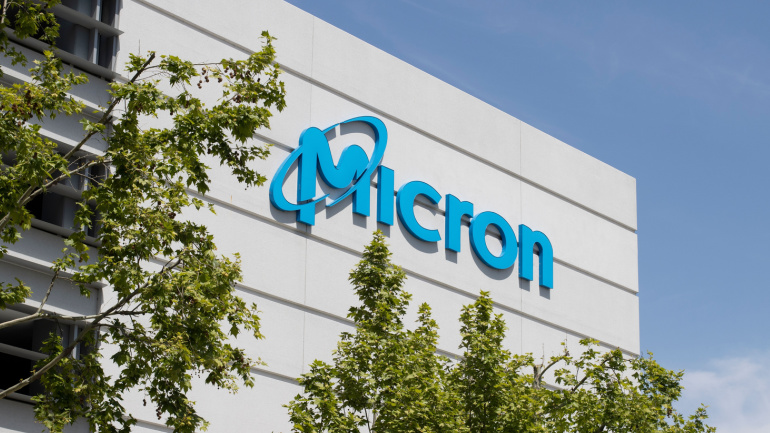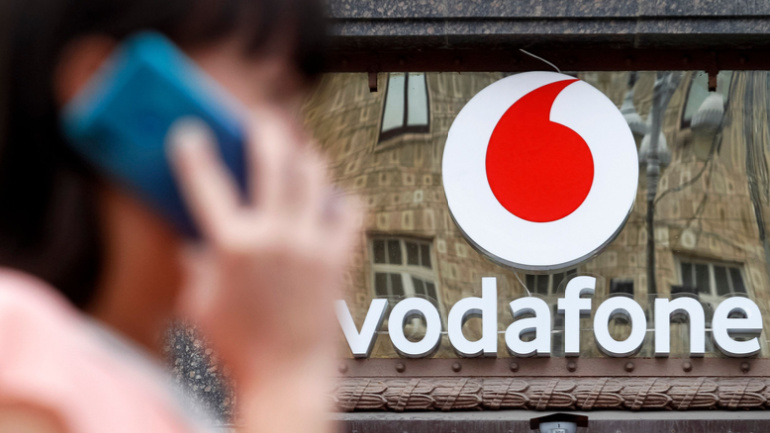Network slicing has become a popular topic in telecoms discussions, particularly in relation to the benefits of 5G for industrial or business applications. It is believed to improve the reliability and performance of connectivity in situations where network congestion or mission-critical operations are at stake. With the rollout of 5G Standalone, network slicing is becoming an increasingly important aspect of B2B installations.
The race for AI dominance intensifies, while AI experts and public figures urge mitigating risks, through CAIS’s ‘Statement on AI Risk’. However, the statement’s clarity and usefulness are questioned, as transparency and collaboration face geopolitical challenges.
The debate over charging content providers for carrying their traffic raises concerns as digital minister Volker Wissing praises open internet. Telecoms argue network investment, but implications of potential service withdrawals remain undiscussed.
5G rollout challenges prompt MNOs to consider innovative collaboration with neutral host providers, enabling shared infrastructure and accelerated network expansion while navigating cost concerns and growing user demands.
Italy’s Ministry of Enterprise proposes €1.5 billion in support for the nation’s telecom sector, including tax breaks and funding for fiber upgrades, potentially revitalizing the struggling industry and fostering a competitive environment.
China sanctions US chipmaker Micron citing national security concerns, escalating tensions between the two nations. With implications for the IT and telecom sectors, alternatives may emerge from market leaders, fueling ongoing retaliation. How will this play out in the tech industry?
ITU’s ambitious fundraising initiative aims to connect least developed countries, targeting $100 billion by 2026. Managed by Partner2Connect, the project addresses the growing digital divide, as well as gender disparities in internet access, to promote global digital transformation.
Recent survey reveals nearly 1 million UK residents disconnected broadband due to financial constraints, with low-income individuals most affected. Ofcom urges telecom companies to offer affordable social tariffs, but progress remains slow, raising concerns for internet access and affordability.
Telecom operators worldwide tackle rising energy demands and stringent regulations by adopting renewables and innovative technologies. Transparency in green initiatives helps retain customers, while tailored energy strategies and efficient power systems promote sustainability in the industry.
Vodafone’s new CEO unveils a strategic plan targeting financial revitalization, including cutting 12% of its global workforce to streamline operations. Amid disappointing earnings and stagnant growth, can the company regain competitiveness with this bold approach?













